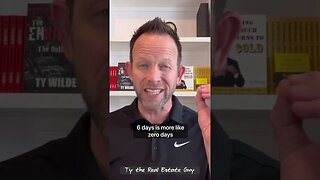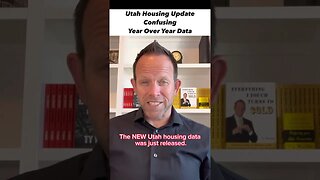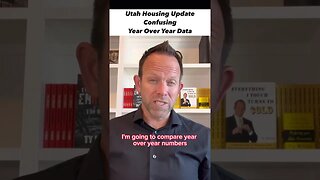Paul Webster Homeless Policy Expert -- Why is the homeless population growing so quickly in Utah?
Paul Webster is the new Executive Direction of Solutions Utah, formerly known as the Pioneer Park Coalition.
Paul most recently worked as a Senior Policy Advisor in the United States Department of Housing and Urban Development, with a specific focus on homelessness assistance programs and the agency’s response to COVID-19 within those programs. Paul has more than twelve years of serving in the United States House of Representatives as a legislative and issues manager for several Members of Congress. He has served in the California State Legislature as the District Director for an Assembly Member and Senator. Paul was the Vice President of Public Policy for the San Diego Regional Chamber of Commerce representing the business and policy interests of regional business leaders.
Prior to joining HUD, Paul served as the Vice President for Solutions for Change, an organization dedicated to permanently solving family homelessness in north San Diego county.
The main question Paul addresses in this interview is: Why is it that our public housing initiatives under the "Housing First" Banner, are proving to be such dismal failures? Places like the Magnolia Apartments in Salt Lake City, along with Palmer Court as well as all of the new homeless resources centers---which taxpayers have spent hundreds of millions of dollars
in building and maintaining --are reportedly dismal failures in terms of creating productive residents who can get back into the job market.
Paul's answer is that primarily the Federal Government's (HUD) consolidation of affordable housing grants that they provide to cities is to blame. HUD only wants to see that more formerly unsheltered homeless are getting into housing. There is no measure or care for the actual success of the homeless rather than housing.
We witness the ramifications of this policy not only in Salt Lake City but all across the United States. There are criminal drug addicts and drug traffickers getting housing while people who are truly disabled suffering from actual disabilities remain out in the cold. There is today an incentive for people living at the bottom to become drug addicts and/or "chronically homeless" because this way they actually qualify as "disabled". With this "disability" label they are able to qualify right alongside of the blind, those who have lost limbs in wars; those who truly suffer from PTSD for "Housing First" or permanent supportive housing.
Webster tells Utah Stories that if these people are in fact breaking the law and committing crimes they can be evicted from their housing. But then he says, "The police need to be called, and criminal reports need to be filed." And in the public housing arena, this is not something that the landlords of Housing First projects like the Magnolia Apartments or Palmer Court, want to deal with. What incentive would they have when they measure success in terms of keeping people in housing, not kicking people out...
Visit UtahStories.com for the rest of this story. And to subscribe to our free digital newsletter. There you can also support our journalism by subscribing to our print magazine for $3 per month.
Follow us on:
Instagram @UtahStories
Twitter @UtahStories
-
 0:59
0:59
TyTheRealEstateGuy
1 year agoUnbelievable Year over Year Utah Housing Numbers - Most People Won't Believe What's Happening
6 -
 0:59
0:59
TyTheRealEstateGuy
1 year agoNEW REPORT: UNBELIEVABLE Year over Year Utah Housing Numbers #utahrealestate
4 -
 0:09
0:09
TyTheRealEstateGuy
1 year agoDave Ramsey Housing is NOT Going DOWN in Value - We Have a Housing Shortage #utahrealestateshorts
5 -
 8:17
8:17
TyTheRealEstateGuy
1 year agoNEW REPORT: Utah Housing Update | DO NOT WAIT! (May 1, 2023)
4 -
 0:53
0:53
TyTheRealEstateGuy
1 year agoNew UTAH Statistics are OUT 😮 If You're looking to Buy a Home You Should be Worried #utahrealestate
3 -
 0:57
0:57
TyTheRealEstateGuy
11 months agoNEW REPORT: Utah Housing DATA 😳 SHOCKING Month over Month Statistics #utahrealestate
12 -
 0:40
0:40
TyTheRealEstateGuy
1 year agoIs the Utah Real Estate Market Crashing or Stabilizing? New Utah Housing Numbers #utahhousing
14 -
 0:59
0:59
TyTheRealEstateGuy
1 year agoSHOCKING Housing Data - Year Over Year Utah Housing Numbers #utahrealestate
8 -
 0:58
0:58
TyTheRealEstateGuy
1 year agoNEW REPORT: Utah Housing DATA 😳 SHOCKING CHANGE #utahrealestate
8 -
 12:09
12:09
TyTheRealEstateGuy
10 months ago🚨 UTAH Home Prices WAY UP 🚨 SHOCKING DATA - Utah Housing Update
18